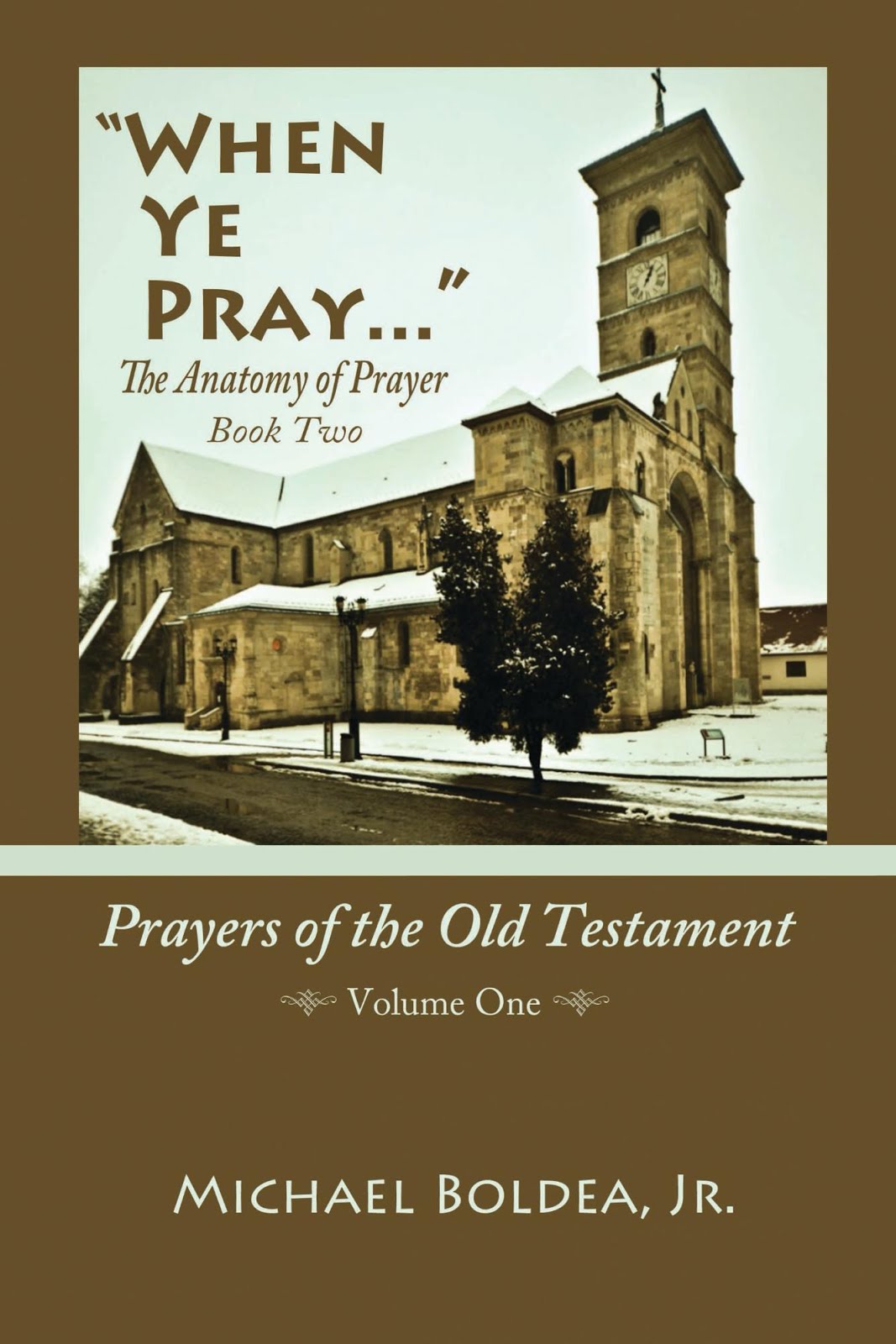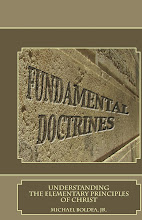Prayers of the Old Testament
The Prayer of David continued...
One of the most loving things God can do for us as His children, is convict us of our unintentional sins, because with each thing God convicts us of, we are that much closer to becoming that which God had intended us to be.
Within the pages of Scripture, God has been compared to a potter who molds the clay in the shape He desires, but who also places the molded clay into the furnace to make it strong and cause it to retain its shape.
Every time God convicts us of something, He is placing us into the furnace, not only forming us into the image He desires us to be, but making us stronger by removing impurities and uncleanness.
As with many a biblical precept and principle, we’ve twisted the notion of chastening within the modern day church, to the point that it is now an unwelcome and undesired event rather than the good and positive thing the Bible tells us it is.
It is for our own good that God convicts us. It is for our own good that God chastens us, and we must respond to His chastening and conviction with all requisite haste.
Acts 17:30-31, “Truly, these times of ignorance God overlooked, but now commands all men everywhere to repent, because He has appointed a day on which He will judge the world in righteousness by the Man whom He has ordained. He has given assurance of this to all by raising Him from the dead.”
Although God overlooks our times of ignorance, when an unintentional sin is revealed to us, when God makes it known whether through His word or through His servants, it is incumbent upon us to repent of it. We come before God with our prayers of repentance as David did, asking God to forgive all that would stand as a stumbling block between ourselves and His glory. We ask God for forgiveness, knowing He is faithful to forgive, knowing He is just to render to each according to His righteousness, and to mend the broken and contrite heart when it cries out to Him.
Another of David’s prayers which has been close to my heart since first reading the passage in the book of Psalms many years ago – and a prayer I often repeat myself during my time with the Lord – is for a closer and more profound spiritual walk with God.
David was wise enough to know that absent a clean heart and a steadfast spirit, one cannot have a true, lasting, vibrant and profound spiritual walk with God. As such, David’s prayer was not for the thing itself, but for the virtues which would facilitate the thing in his life.
David did not pray for a closer spiritual walk, he prayed for the steadfastness and clean heart which he knew would inevitably bring him closer to the Lord.
Psalm 51:10, “Create in me a clean heart, O God, and renew a steadfast spirit within me.”
Seeing as having a clean heart is of great import, what does having a clean heart entail?
Personally I believe a clean heart is a heart made clean by the blood of Christ, but also a heart which is sincere in all its doings, wherein what is in our heart and what is on our lips are one and the same thing.
If there is conflict between what is in our hearts and what is on our lips, if we think one thing and speak another, then our hearts are not clean.
A clean heart begins from within. It is something which cannot be taught, it is something for which no manual exists. It is a work between us and God, facilitated by our willingness to forego our own will and be wholly submitted to His authority.
Psalm 24:3-4, “Who may ascent into the hill of the Lord? Or who may stand in His holy place? He who has clean hands and a pure heart, who has not lifted up his soul to an idol, nor sworn deceitfully.”
Who can stand in God’s holy place? The word of God is very specific as to the group of individuals who will ascend into the hill of the Lord and stand in His holy place. By what David tells us via the inspiration of the Holy Spirit, we realize that it has nothing to do with one’s denomination, age, gender, or nationality, but with whether or not they have clean hands, a pure heart, have not lifted their soul to an idol, or sworn deceitfully.
Through Christ and His shed blood we are transformed into such individuals, we are renewed, born again, having pure hearts where once our hearts were evil, having clean hands where once our hands were stained.
As we follow this train of thought to its rightful conclusion, we also come to understand that though some might call themselves brothers or sisters, though some might call themselves believers, they are believers in name only because their hands have not been made clean, nor have their hearts been purified.
Countless souls today actively practice idolatry and lift up their souls to idols, all the while claiming to be faithful followers of Christ.
More could be said, but I will refrain, because we are studying the prayer life of David, and not all the idols idolatrous idolaters worship in our day and age.
The other thing David prayed for was a steadfast spirit.
In order to be steadfast, one needs some sort of trouble or difficulty, because the definition of steadfastness is loyalty in the face of said trouble or difficulty.
Men can claim to be steadfast, but until their season of trouble comes they are but mere blustering braggarts, going about inflating their own egos.
When we pray for a steadfast spirit, we are praying for God to give us the boldness, the courage, the forthrightness, and loyalty to withstand the attacks of the enemy, to hold our position and to stand our ground.
Pray for a steadfast spirit only once you’ve understood what it all entails, and are prepared to be on the frontline of the battle. A steadfast spirit implies that you will meet the enemy head on when others are fleeing, that you will stand your ground when others are retreating, and that you will advance the cause of the kingdom of God when others are about their own business.
With love in Christ,
Michael Boldea Jr.
Tuesday, November 20, 2012
Subscribe to:
Post Comments (Atom)










No comments:
Post a Comment